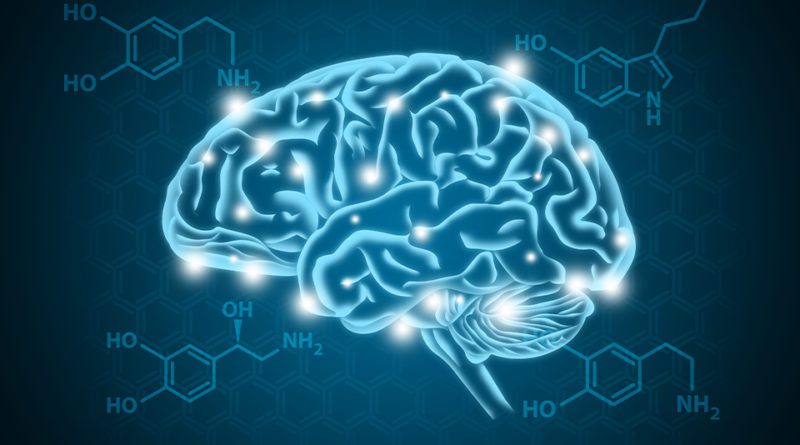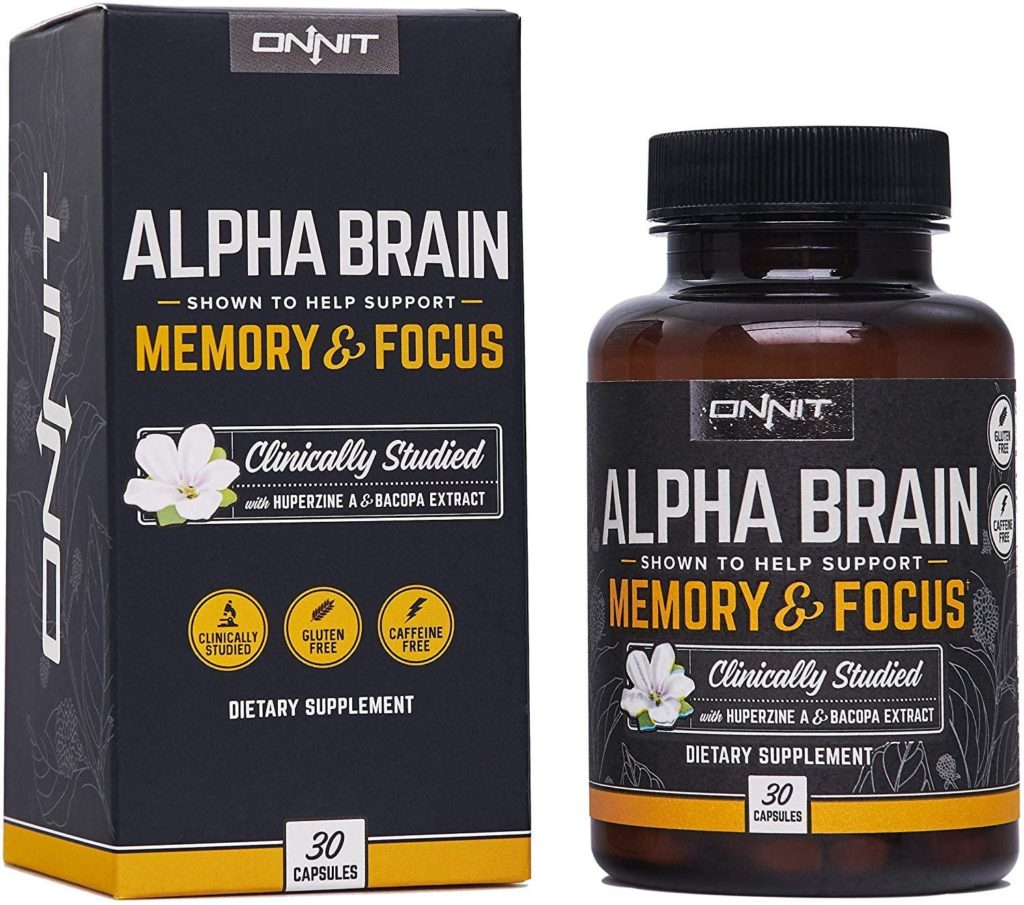Your Genes Determine How You React to Psychedelics
[Please note that this page contains affiliate links. If you choose to purchase after clicking a link, I may receive a commission at no extra cost to you.]
Taking psychedelics can be an unpredictable experience that can leave you in a state of bliss, send you into a feeling of misery, or throw you into a black hole that makes no sense.
It is widely accepted that certain environmental and psychological factors influence how people react to these substances. New studies show that some might be genetically predisposed to have greater trips over others.
Classifying which substances are “psychedelic” is a matter of debate. Though scientists generally save that term for those drugs that bind to serotonin 2A (5-HT2A) receptors, as it locked onto the receptor’s binding areas, these psychedelics cause a flood of effects that result in fascinating alterations in consciousness.
Although not everybody’s serotonin 2A receptors are functioning equally, Gene variations – named nucleotide polymorphisms (SNPs) – vary the performance and shape of these psychedelic entries.
To determine how SNPs impact the strength of some drugs, researchers looked at the responses of seven common types of the 5-HT2A receptor when combining different psychedelics in the lab.
They published their findings in the journal of ACS Chemical Neuroscience, and the scientists explained how they tested the seven SNPs to mescaline, LSD, psilocin, a magic mushroom compound, and 5-MeO-DMT.
Their results showed that many gene variations changed how the 5-HT2A receptor responded to these four psychedelics. “The in vitro pharmacological effects of the SNP substances actions at 5-HT2AR are specific,” the scientists.
Comparing the regular serotonin 2A receptor’s variant, two SNPs– His452Tyr and Ala230Thr – showed a seven-fold decrease in potency signalling when reacting to psilocin. Conversely, the variant Ala447Val showed a three-fold potency increase for 5-MeO-DMT.
None of the SNPs changed the LSD signalling potency, but some changed the trajectory of the LSD trips. For example, Ala230Thr seems to react more strongly in the early stages of LSD stimulation, and His452Tyr “limits the efficacy and potency of LSD at later points in time.”
A variant named Asp48Asn showed a response increase to psilocin but a weaker reaction to mescaline when comparing the regular version of 5-HT2A receptors.


